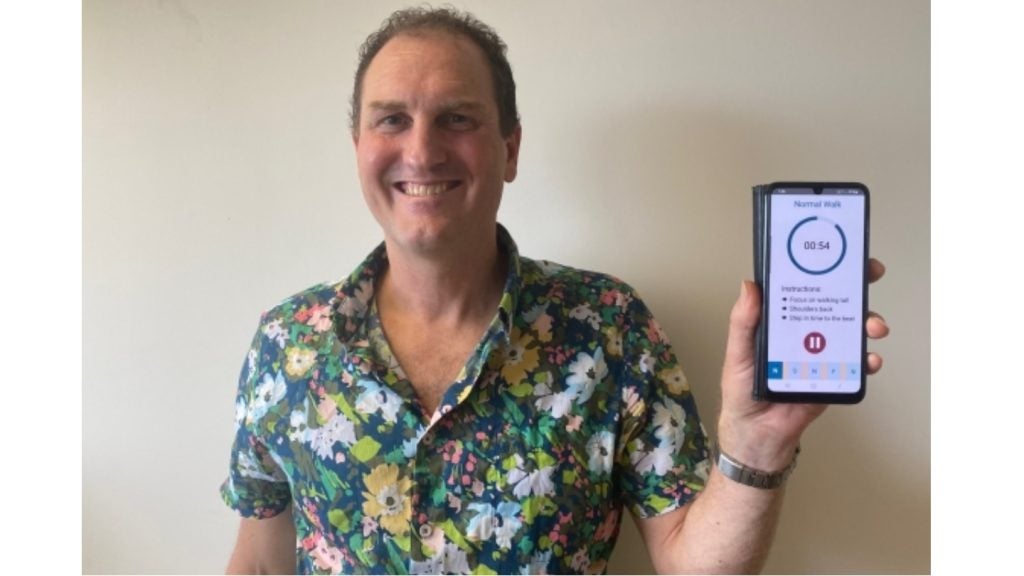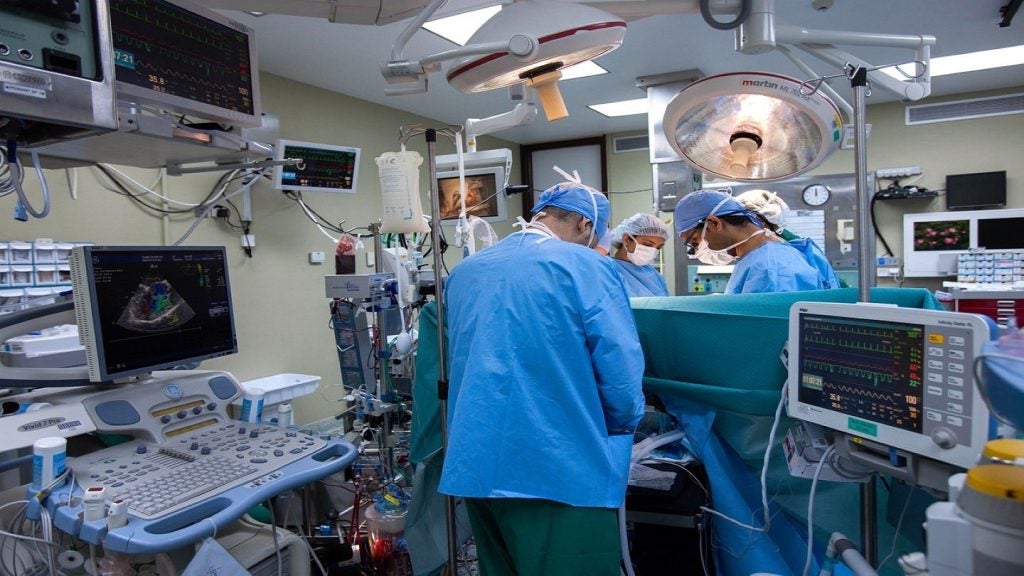Biomedical engineers from the University of New South Wales (UNSW Sydney) have developed a new app for training people with Parkinson’s disease (PD) to improve their gait.
Created with input from people with PD, the new Walking Tall app will enable those with the condition to learn to walk better and for longer.
Dr Matthew Brodie, a biomedical engineer at UNSW Sydney, led a team that developed the Walking Tall app after a clinical trial funded by the Michael J Fox Foundation for Parkinson's Research and the Shake It Up Australia Foundation.
During the trial, a section involved using the app's gait re-training feature, which now permits users to customise their training duration and pace.
Subsequently, the tool generates a rhythmic metronomic beat for three varying walking speeds, aimed at triggering movement.
Designed to be downloaded for free from the Android and iOS stores, the app offers instructions such as focus on 'big steps', 'walk tall' and 'shoulders back'. It also provides encouragement through audio commentary.
Brodie carried out the research at the advanced facilities of Neuroscience Research Australia in Sydney. The input and feedback from individuals with PD played a crucial role in shaping the app's development.
In the clinical trials with 62 PD patients, 50% used an app version to train their gait, while the rest followed the Otago Exercise Program (OEP) for walking improvement.
After 13 weeks, analysis of self-reported feedback from trial participants revealed that those following traditional OEP training exercised for an average of 60 minutes per week, while app users trained for 150 minutes.
Brodie said: "The app lowers the barriers for people with PD to train themselves to walk. We say to them that doing as little as six minutes a day, three days a week, will still help."
















